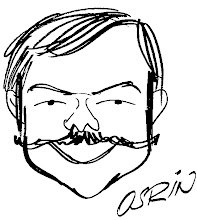Human Rights Violation
For the last few weeks, the Insurance, Banking, and Commerce Committee of the Ohio Senate has been considering Senate Bill 5, which would effectively end collective bargaining for public employees. Although this issue is sometimes cast purely as an economic and political controversy, it is also a social justice issue.
Catholic teaching upholds the rights of workers to form unions. In his encyclical Rerum Novarum (1891), Pope Leo XIII upheld the right of workers to form unions: “. . . every precaution should be taken not to violate the rights of individuals and not to impose unreasonable regulations under pretense of public benefit. For laws only bind when they are in accordance with right reason, and, hence, with the eternal law of God” (section 52).
In “Economic Justice for All” (1986), the American bishops wrote, “The Church fully supports the right of workers to form unions or other associations to secure their rights to fair wages and working conditions” (section 104).
Other faith and secular traditions uphold this right. The Universal Declaration of Human Rights, adopted by the United Nations in 1948, declares (section 23) that “everyone has the right to form and to join trade unions for the protection of his interests.”
Furthermore, Senate Bill 5 is discriminatory. It does not attack the rights of all workers, but only those of that minority of workers employed as public employees. In his “Letter from a Birmingham Jail” (1963), Martin Luther King defined these sorts of discriminatory statutes as unjust: “An unjust law is a code that a numerical or power majority group compels a minority group to obey but does not make binding on itself.”
King cited St. Augustine’s statement that “an unjust law is no law at all” in his justification of civil disobedience, declaring that “one has not only a legal but a moral responsibility to obey just laws. Conversely, one has a moral responsibility to disobey unjust laws.”


0 Comments:
Post a Comment
<< Home